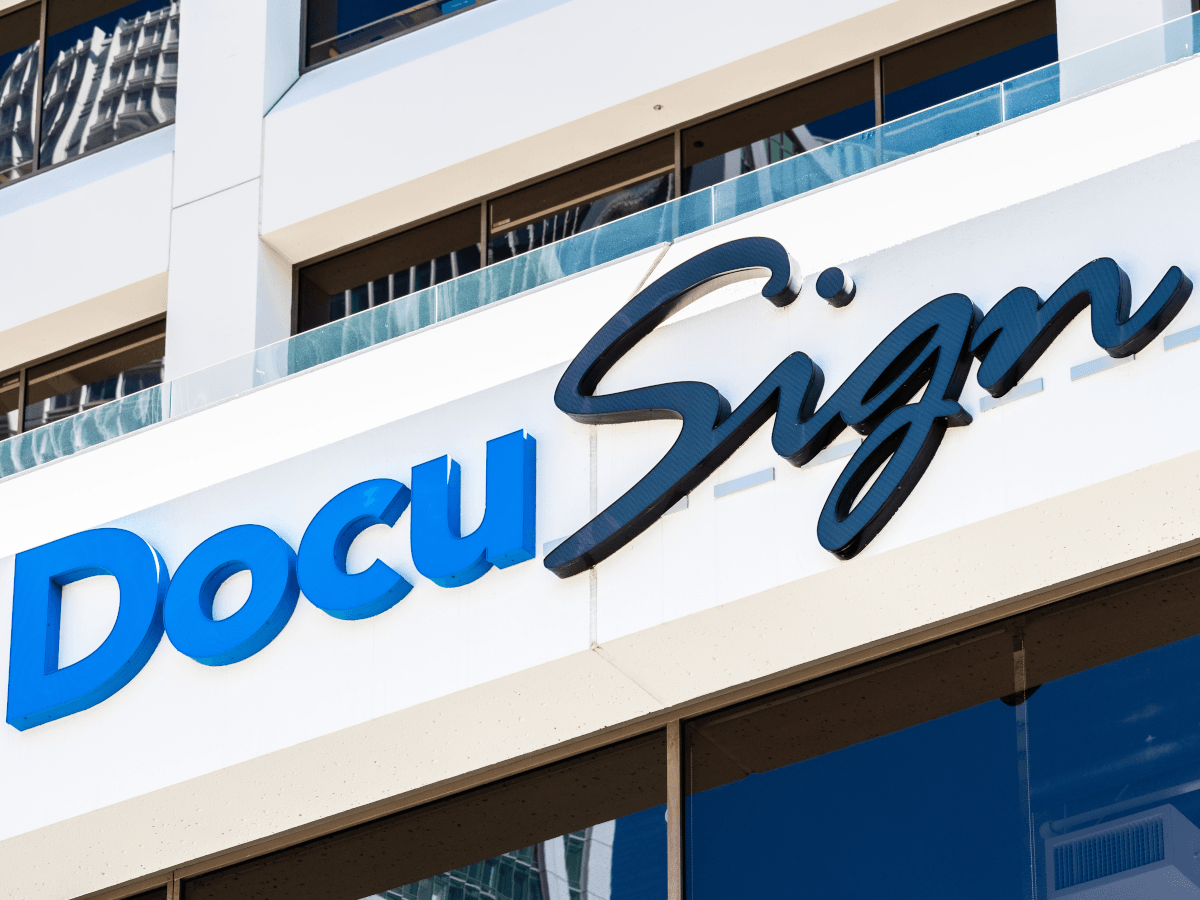As a pioneer in electronic signature technology, DocuSign has played a pivotal role in eliminating the hassles of traditional paper-based processes, offering a secure and efficient platform for digital transactions.
The Rise of Digital Signatures:
DocuSign's journey began in 2003 when its founder, Tom Gonser, recognized the need for a more streamlined and secure approach to document authentication. Traditional methods DocuSign of signing agreements were time-consuming, error-prone, and often required physical presence. Recognizing the potential of electronic signatures, DocuSign set out to create a platform that would redefine how businesses handle their paperwork.
Key Features and Functionality:
At its core, DocuSign provides a cloud-based platform that allows users to prepare, sign, act on, and manage agreements from virtually anywhere. The platform's intuitive interface simplifies the document signing process, making it accessible for users of all technical backgrounds.
DocuSign's electronic signatures are legally binding and comply with various international standards and regulations, ensuring the validity and security of the signed documents. The platform also offers advanced authentication options, such as multi-factor authentication, to enhance the verification process and protect against unauthorized access .
Industry Applications:
DocuSign's impact extends across a diverse range of industries, from finance and healthcare to real estate and legal services. Businesses of all sizes have embraced the platform to expedite transactions, reduce paperwork, and enhance overall operational efficiency.
In the real estate sector, for example, DocuSign has become a game-changer. The ability to sign contracts and agreements remotely has streamlined the home-buying process, reducing the time and resources traditionally required for in-person signings. Similarly, financial institutions have leveraged DocuSign to expedite loan approvals and document processing, resulting in faster and more efficient customer service.
Integration Capabilities:
One of DocuSign's strengths lies in its seamless integration with other popular business applications. The platform can be easily integrated with CRM systems, document management tools, and cloud storage services, creating a unified ecosystem that enhances productivity and collaboration.
The availability of APIs (Application Programming Interfaces) has allowed developers to customize and extend DocuSign's functionality, tailoring it to the specific needs of different industries and businesses. This flexibility has contributed to the platform's widespread adoption and success.
Security and Compliance:
Security is a paramount concern when dealing with sensitive documents and agreements. DocuSign employs robust encryption protocols and adheres to industry-leading security standards to safeguard user data. Additionally, the platform is designed to comply with various international regulations, such as GDPR in Europe and HIPAA in the healthcare sector, ensuring that organizations can use DocuSign with confidence in their regulatory compliance.
Future Innovations:
As technology continues to evolve, DocuSign remains at the forefront of innovation in the electronic signature space. The company continually invests in research and development to enhance its platform's features, security, and user experience. Artificial intelligence and machine learning are increasingly being integrated into the platform to automate processes, reduce errors, and provide valuable insights into document workflows.
